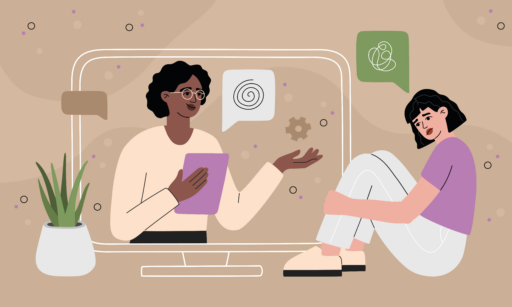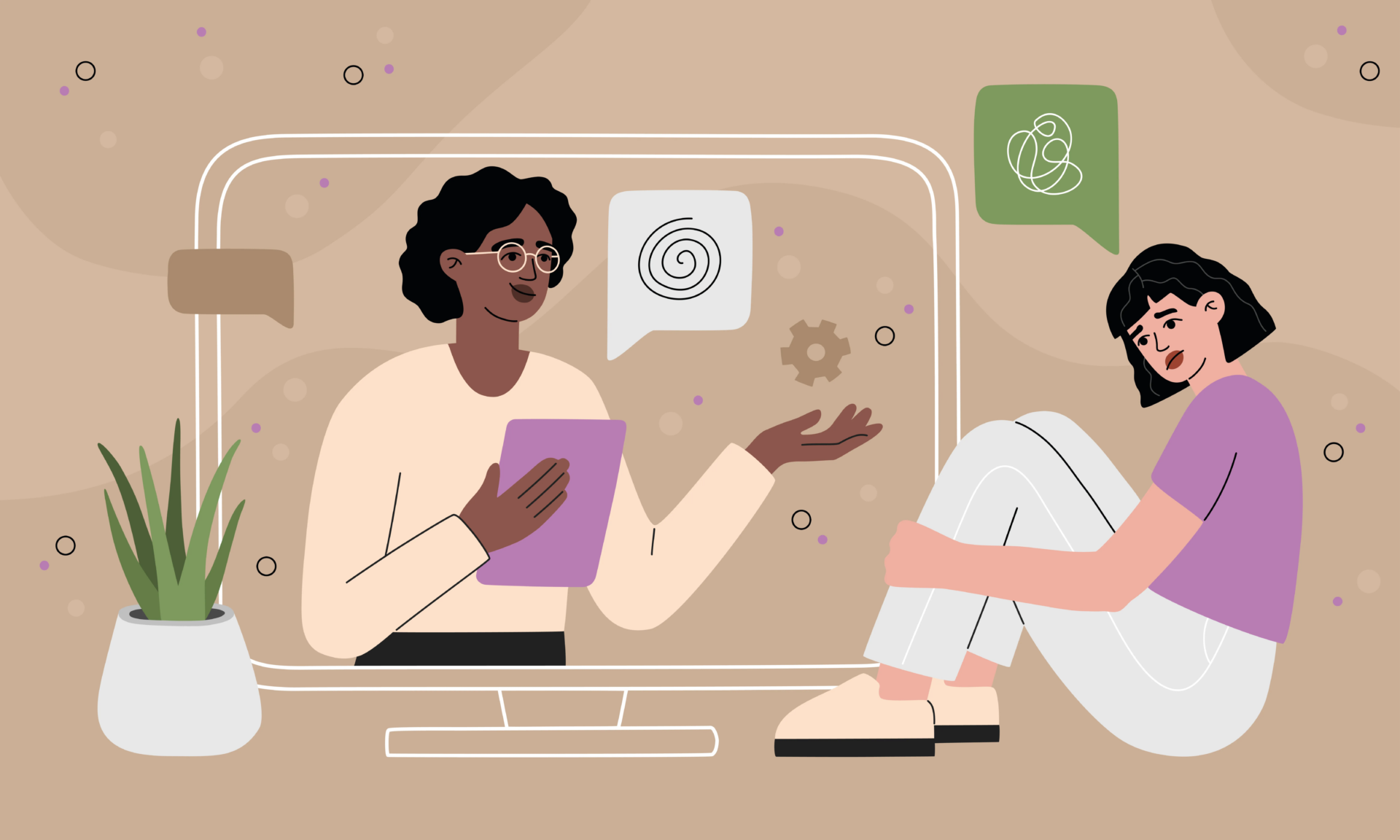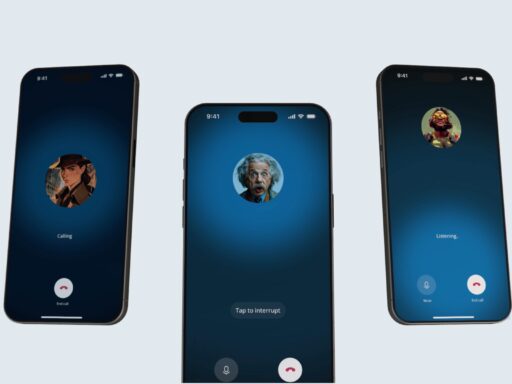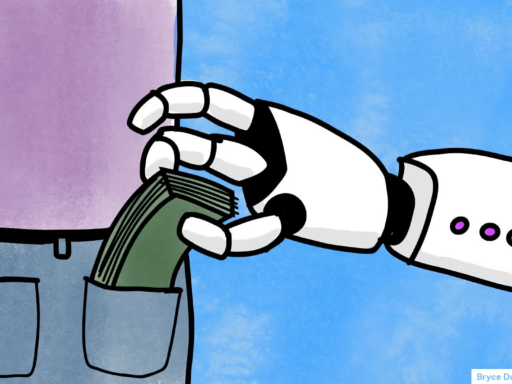Are chatbots capable of replacing human therapists? Several startups, as well as some patients, claim that it is possible. One company called Sonia thinks their AI therapist can help people who need someone to talk to.
Sonia was created by three friends named Dustin, Lukas, and Chris. They went to school together in Switzerland and the United States where they studied computers. They wanted to use technology to help more people with their mental health problems.
With the Sonia app, users can talk or text with an AI chatbot about topics like stress, relationships, or sleeping poorly. The bot will try to understand what the person says and give helpful advice based on something called cognitive behavioral therapy. It also offers “homework” like writing tasks and charts to help people learn from their talks.
While none of Sonia’s founders studied psychology, they say they work with real psychologists. They also plan to hire more psychologists to help make sure the advice from the bot is good. Some people who have used the app say it is easier to talk to than a human counselor.
Sonia costs $20 per month or $200 per year for unlimited messaging with the bot. The company says this is cheaper than paying for a single session with a real therapist which can often cost over $100 each time. They believe AI bots can fill an important need since there are not enough human therapists available compared to all the people who need help.
However, some experts worry that AI may not always give the right guidance. Chatbots cannot build the same close relationships as therapists. They also do not know personal details like a client’s weight that could help identify serious problems. Some questions remain about how private conversations will be stored and used.
While AI may not fully replace counselors, apps like Sonia aim to help more people access support when they need it most. As technology improves, chatbots could make therapy more affordable and available to communities that lack mental health resources. But human relationships will likely remain crucial to recovery for many people seeking help.







